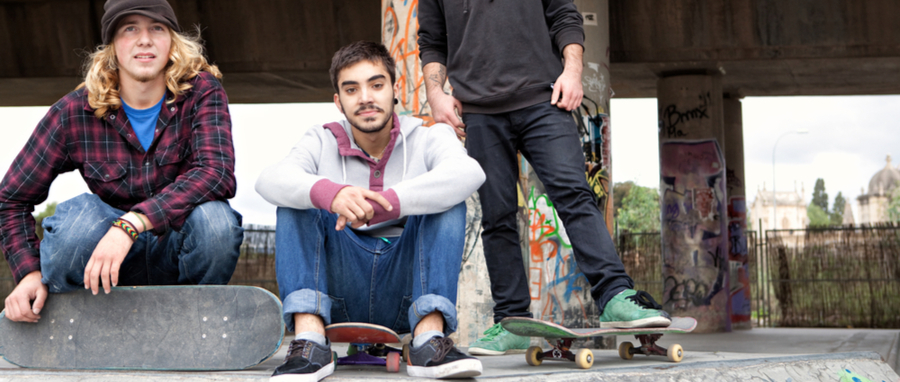For those of us in recovery, one of our greatest fears—particularly in early recovery—is relapsing. The effects of a relapse on our lives and the lives of others is often profoundly destructive, and it usually necessitates restarting our programs all over again as “newcomers.” The holidays are inherently stressful times, and the family-oriented holiday of Thanksgiving can be a major source of anxiety long before it arrives.
Thankfully, there are some steps we can take before and during this holiday to help us avoid a relapse. Although following these suggestions will not guarantee that Thanksgiving will be stress-free, they can help us avoid that dreaded relapse and emerge from this holiday in continuing state of recovery.
Keep Your Recovery Your First Priority
Knowing ahead of time that Thanksgiving will be stressful makes a recovery-centered plan for the holiday all the more important. Including recovery-related actions in such a plan will greatly lessen the chance of a relapse.
If recovery meetings are a part of your program, commit to going to one or more meetings before Thanksgiving arrives. Meetings provide opportunities to connect with other recovering people—many of whom are experiencing some of the same stressors, temptations, and emotions as you. If you have a sponsor or friends in your program, remind yourself to take breaks during the holiday and call these helpful people. One short conversation with an understanding person can lift your spirits and help you stay centered in your recovery.
Avoid Situations that Place Your Recovery at Risk
Situations that threaten recovery may look different for each of us. For example, an alcoholic in early recovery may wish to strenuously avoid events where drinking is taking place, while a person who has been sober for several years might feel quite comfortable among people drinking.
Some risky situations have less to do an addictive substance and more to do with people who are close to you. Family holiday get togethers can be cauldrons of conflict and emotional angst. Placing one’s self in the center of such turmoil can be a recipe for relapse. If you know beforehand that Thanksgiving with your family will be an emotionally stormy occasion, consider spending Thanksgiving among people less-likely to irritate, annoy, or anger you.
Knowing where you are in your program should guide your decisions concerning what situations are—and which are not—safe for you. It is very important to self-assess before Thanksgiving arrives. Plan to avoid people and places you know are dangerous to your recovery.
Having a conversation about your Thanksgiving plans with your sponsor and/or recovering friend can help you decide which situations to avoid and which to embrace.
Get Outside Yourself by Doing for Others
In the most fundamental sense, Thanksgiving is about feeling thankful and being grateful. One of the most wonderful ways to express your thankfulness and gratitude during Thanksgiving is to choose to get outside of yourself and help others. Actions taken in the service of others make us feel better about ourselves and simultaneously lend strength to our recovery.
The opportunities for such actions are many. You can volunteer to serve food at your local homeless shelter. You can help at a “marathon” recovery meeting for one or more hours, either leading the meeting or helping with setup and clean up. If you are going to spend Thanksgiving with friends or family, offer to help whomever is hosting the dinner in any way you can.
Being of service to others is truly a win-win for a recovering person. Others receive the benefits of your help, while you receive the greatest gift of all: You do not relapse.
From the mountains to the coastline, the possibilities of living a life without limits are endless. At Tree House Recovery in Orange County, California, we’re helping men recover their lives from addiction through innovative treatment designed to transform their lives inside and out. For information, call to speak with one of our graduates: (855) 202-2138






